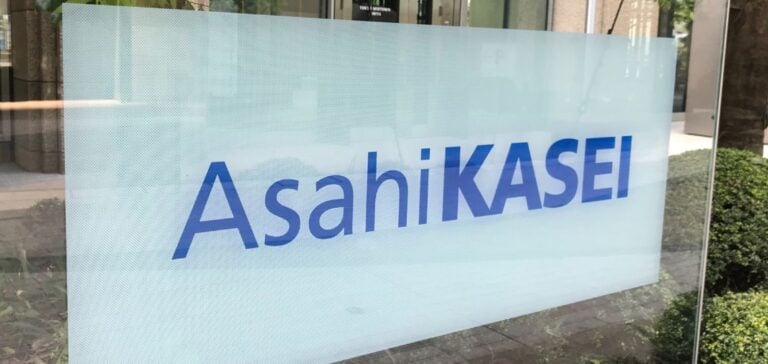Asahi Kasei recently celebrated the official opening of its hydrogen production pilot plant in Kawasaki, Japan. The facility, which started up in March 2024, embodies the company’s ambitions to play a key role in the expansion of the green hydrogen market. This project illustrates Asahi Kasei’s commitment to clean and renewable technologies, essential for the future of energy.
Innovation and collaboration
The new plant uses Aqualyzer™ alkaline electrolyzers optimized to maximize green hydrogen production. The system is also tested in a multi-module environment. The aim is to simulate real-life operating conditions, an industry first. The support of the Japanese government via NEDO’s Green Innovation Fund underlines the strategic importance of this project for the country.
Meeting the world’s energy challenges
The Hydrogen Council predicts that global hydrogen demand will reach around 300 GW by 2030. Asahi Kasei’s systems, which respond to fluctuations in renewable energy sources, are crucial to this expansion. What’s more, the flexibility and efficiency of these systems guarantee an adaptive response to the changing needs of the energy market.
Outlook and future expansion
With commercialization scheduled for 2025, Asahi Kasei is aiming for 100 billion yen in hydrogen sales by 2030. The experience gained at Fukushima and Kawasaki is essential to confirm the reliability and efficiency of Asahi Kasei’s large-scale electrolysers.
Asahi Kasei’s pilot project in Kawasaki is not only a milestone for the company, but also a model for the green hydrogen industry. By integrating innovation and sustainability, Asahi Kasei demonstrates that responsible business practices can coexist with ambitious technological advances. On the other hand, it reinforces its role as a leader in the renewable energy sector.






















